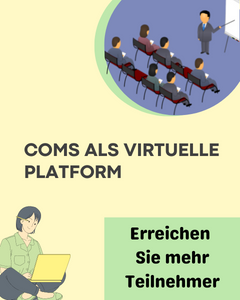Startseite / Konferenzkalender / Mathematik / Mathematische Logik, Grundlagen der Mathematik / Kanada
Konferenzen > Mathematik > Mathematische Logik, Grundlagen der Mathematik > Kanada
Wählen Sie ein Land aus
1
Additivity Problems in Quantum and Classical Information Theory
12. Jul 2026 - 17. Jul 2026 • Banff, Alberta, Kanada
Eintrags-ID:
1668723
Conference-Service.com stellt der Öffentlichkeit ein Kalendarium wichtiger Konferenzen, Symposien und sonstiger Tagungen im wissenschaftlich-technischen Bereich zur Verfügung. Obwohl das Verzeichnis mit großer Sorgfalt zusammengestellt und ständig aktualisiert wird, weisen wir auf die Möglichkeit von Fehlern ausdrücklich hin. Bitte vergewissern Sie sich immer beim Veranstalter, bevor Sie über die Teilnahme oder Nichtteilnahme an einer Konferenz entscheiden.
Stand vom 10. Juli 2025



